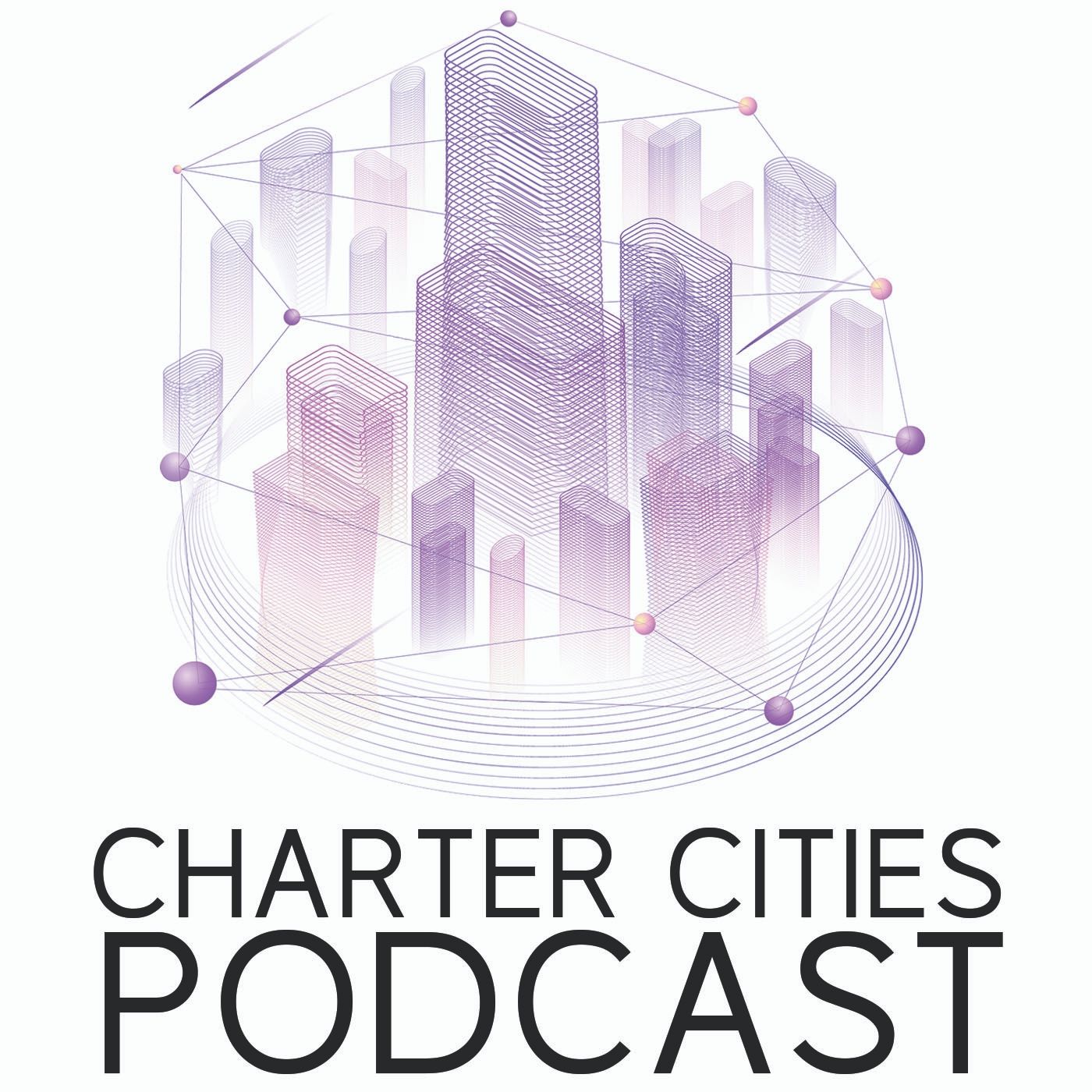Charter Cities Atlas: Venice with Thibault Serlet and Corey Tazzara

Today’s episode is a bonus episode, where we take a deep dive into the Italian Renaissance (with a focus on Venice) with world-renowned expert, Professor Corey Tazzara. From the fall of the Roman Empire to the formation of independent city-states, to the financial and political ramifications of the crusades, to the rise and fall of Venice as an economic powerhouse, this conversation has it all! We start at the beginning, with a comment on the role of the Middle Ages in the formation of society as it is today, and how the literature of the times contributed to the maintenance of the Roman Empire as a power. Despite this, there was decentralization across Europe in the 800s, and independent city-states arose. Rome regained its power from tourism and through regaining the seat of the papacy, while Florence formed the birthplace of the Renaissance through its art, culture, and adoption of investment banking. Milan became an authoritarian state, and we hear how the condottieri contributed to this. Unexpectedly, Genoa gained wealth in the loss of the War of Chioggia, while Venice was created from the marshes by refugees. The focus of the conversation shifts to the role of Venice in the Renaissance, and how it influenced society as we see it today. We learn how venture capital was created to profit from the Crusades, and how links to other cultures and societies benefitted the trade between Venice and the rest of Europe and the Middle East. Tune in to find out how the Venice of today differs from the Renaissance era Venice, and so much more, in this incredible discussion!
Key Points From This Episode:
• Welcome to Corey Tazzara, professor of history at Scripps College and the world’s leading expert on medieval and early modern freeports.
• Background into the decentralization of the Roman Empire, and why we owe today’s society to the Middle Ages.
• How the literature of the Middle ages maintains the Roman Empire’s power.
• The formation of independent city-states across Europe, and how they worked.
• The role of the papacy in reviving Roman law.
• What the 12th Century Renaissance is, and how it impacted the European economy.
• How the crusades altered the trade done at the port city-states: sea vs land travel.
• Why the Fourth Crusade was the first example of venture capital.
• The radical democracies that started in the Byzantine era across Italy.
• A quick tour of the major houses at play across the city-states in the 1300s.
• The revival of Rome: from the center of an empire to a tourism hotspot.
• How Florence became a republic, and why Corey feels it is the birthplace of the Renaissance.
• Why the adoption of investment banking fueled Florence’s prosperity and the rise of the Medici family.
• Turning to Genoa: how the loss of the War of Chioggia lead to the gain of Western wealth in the centuries to come.
• The role of the condottieri in Milan’s authoritarian government and war-based economy.
• Who Francesco Sforza was, and how he served as an example of the dangers of the condottieri to political powers.
• A few honorable mentions of other city-states that had tumultuous histories throughout the Renaissance.
• The formation of Venice: how it was formed, and why its history is so different from other city-states.
• The story of St. Mark’s remains, why Mussolini hated the church of San Marco, and what these anecdotes say about Venice.
• Why Venice is the birthplace of investment banking and its role in the Fourth...